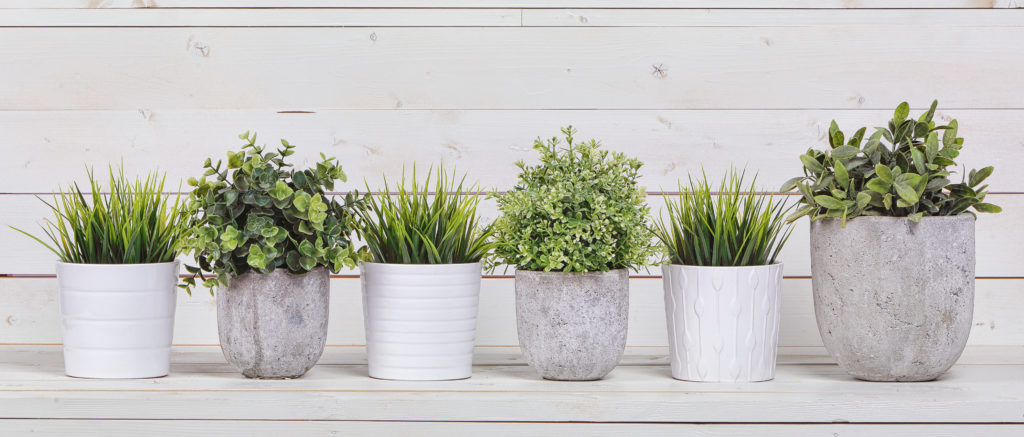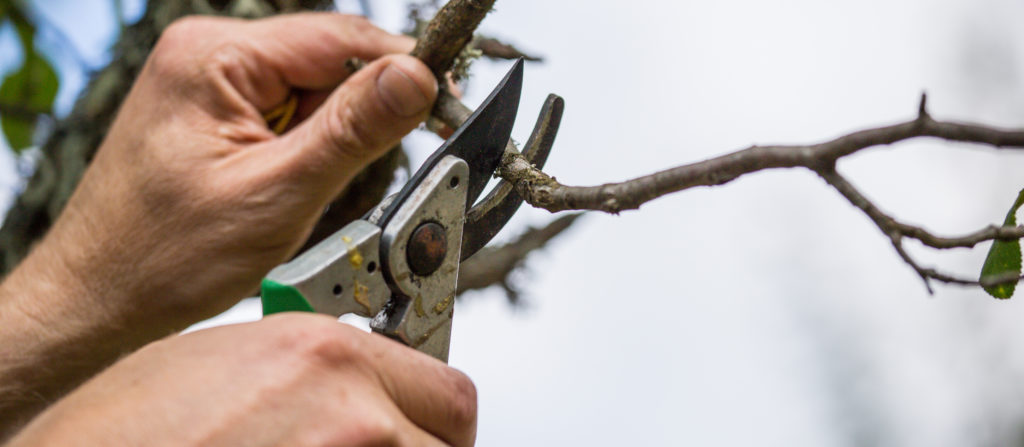5 Surprising Ways Your Landscaping Can Help Battle Pests

When most people think about pest control, they picture hiring a company like Moxie to come and treat their home. Usually, this is after ants, spiders, or rats have already crept up and caused problems. What you may not know is that there are many natural preventative pest control measures you can take into your own hands, especially when it comes to your landscaping. Yard planning and maintenance can go a long way in telling pests to bug-off. Here are five things we recommend:

1. Invest in Pest-repelling Plants
You can add plants and herbs to your yard that will naturally dissuade pests from raiding your beautiful garden and help keep them away from your home. If you’re looking to repel snails, plant rosemary or fennel. If you want to guard against ants or beetles, try spearmint or artemisia. Chrysanthemums are gorgeous, and they’ll help repel all kinds of pests, including roaches, ants, silverfish, and lice. They also ward off fleas and ticks—perfect for pet lovers. If you want to really go all-in on pest-killing plants, get a pitcher plant or a Venus flytrap, both of which capture and ingest insects. The right plants can give your home and family a leg up on pest prevention.

2. Keep Your Trees at Bay
Big trees can add so much character to a backyard, creating shade and beauty at the same time. When planting trees, think about how those trees will grow and where they’re located in relation to your house. For keeping pests from invading your home, it’s best to keep a clearance of at least six feet between your home’s walls and any tree limbs or branches that might provide pests with a gateway to your abode. It’s also a good idea to avoid trees with dense canopies (especially for mice and rat prevention). If your yard already boasts large trees, prune them regularly and try to keep the branches from touching your home. This should greatly improve your pest prevention.
3. Think About Plant Placement
Swaths of thick, flourishing plants may be fun if you’re going for a backyard jungle-vibe. Unfortunately, when you pack plants closely together, it increases the risk of mice, rat, and insect invasions because you’re providing pests with the perfect place to hide, find food closely packed together, and build nests. When adding plants to your yard or consulting with your landscaper, make sure to keep pests in mind. Try to give your plants room to breathe—leaving about two feet between dense plants. You’ll be happy you did.

4. Beware of Debris and Mulch
Pests love decaying wood, debris, and mulch. Any of those things are like having a neon sign in front of your home that says, “Welcome, Pests! Come for the shelter. Stay for the food.” Luckily, it’s pretty easy to avoid this invitation to pests (as long as you clean up after people and pets and avoid compost heaps). Regular yard maintenance such as mowing your grass, weeding, raking, clearing standing water, and cleaning should help prevent pests from finding a safe haven in your yard. Any time you’re keeping your space neat and tidy, you’re telling pests to stay away.
5. Just Say ‘No’ to Wood Chips
Wood chips can seem like an environmentally-friendly and inexpensive alternative to grass.
Unfortunately, pests love wood chips, so placing them near your home can be problematic. At this point, you’re probably sensing a theme here: pests love any kind of wood, whether it’s debris, mulch, or trees. Instead of using wood chips, consider other alternatives that will keep your yard looking clean and lower your water usage, such as polished pebbles or synthetic mulch. These alternatives won’t be nearly as attractive to pests.
Whether you’re planning a new yard or managing your landscaping, keeping pests in mind can help protect your home from unwanted critters. When you pair your landscaping maintenance with regular preventative pest control, you should be sitting pretty.
Looking for more ways to protect your home from invading pests? Check out our blog post about 5 more ways you can prevent unwelcome pests.

